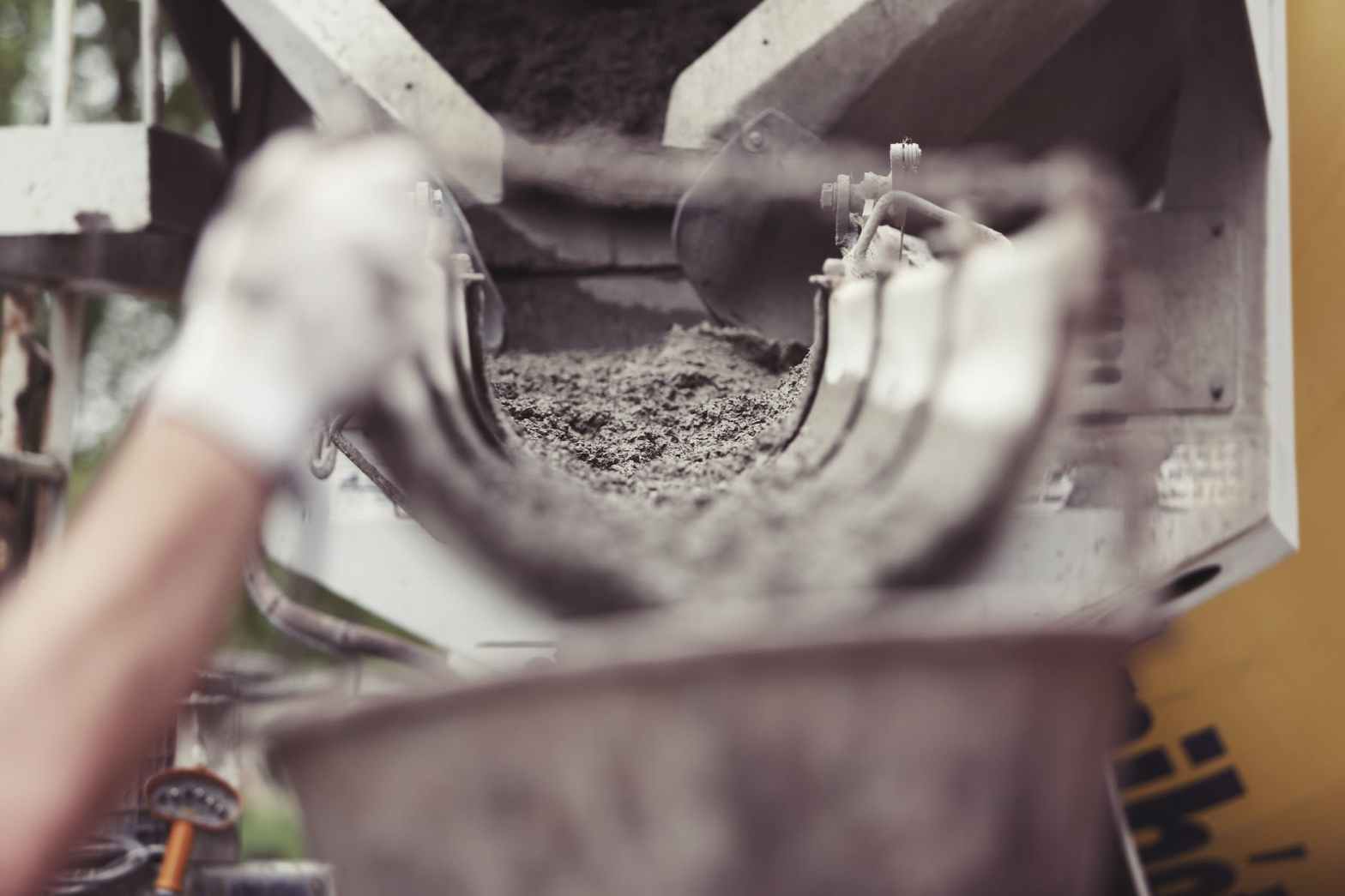Mixed reaction as Hunt fails to tackle key issues
This week saw Chancellor Jeremy Hunt set out his August Statement, in which he set out various packages to support the housing industry.
However, some industry figures have expressed disappointment that the measures do not go far enough.
Hunt confirmed £110m under the Local Nutrient Mitigation Fund to release up to 40,000 homes currently blocked by nutrient neutrality requirements.
In addition, he announced that local authorities would be able to recover the full cost of major planning applications in exchange for meeting faster timelines.
And, in a commitment to affordable housing, the Government will grant a £3bn extension to the existing Affordable Homes Guarantee Scheme, to help the delivery of 20,000 new homes.
The measures met with mixed reaction from the industry, as reported by Housebuilder and The Construction Index.
[The Statement is] another missed opportunity to address falling housing supply with policy intervention.
Home Builders Federation
It is disappointing, however, that government hasn’t published an updated national infrastructure and government construction pipeline since September 2021 and announced in the autumn statement that there also won’t be a revised national infrastructure strategy until next year.
Noble Francis, Economics Director, Construction Products Association
The planning system can only work more effectively, and be held to account for delivering swifter outcomes, if it is resourced properly.
The planning system has been under-funded for at least a decade and its expertise in handling major projects hollowed out.
Melanie Leech, Chief Executive, British Property Federation
The announcements to cut to self-employment taxes, increase investment in housing, regulatory reforms on the grid and permitted development, funding for nutrient neutrality and an acknowledgement that commercial premises should not be stifled by planning permissions all showed that the government is taking the environment for growth seriously.
Richard Beresford, Chief Executive, National Federation of Builders
In a public statement, the Construction Leadership Council stated that they “warmly welcome the focus on speeding up infrastructure delivery”.
HBF publishes plan to boost housebuilding
The Home Builders Federation (HBF) published a ten-point plan this week, setting out practical solutions to unlock barriers to housebuilding.
Firmer Foundations details actions that Government could take to improve the supply of high-quality new homes and support SME builders.
Major legislative change, while needed, would take time to come into effect.
Stewart Baseley, Executive Chairman, HBF
Given the urgency of the country’s housing crisis we’ve laid out practical steps ministers can and should implement now to address the barriers impacting housing supply and make sure more people have access to decent homes.
The ten policies are:
- Use increases in planning fees to resource planning departments;
- Require local authorities to have up-to-date local plans;
- Revise rules around nutrient neutrality;
- Reform the CITB levy to include key industry occupations;
- Focus post-16 education on employers’ needs;
- Introduce a presumption in favour of development on small sites of up to 25 homes;
- Reform the Standard Method;
- Ensure local planning decision makers have strong statutory duty;
- Abolish stamp duty for homes with an EPC rating of B or above;
- Arrange a roundtable meeting between Government, lenders and the industry to review ‘green’ mortgages.
OBR predicts house price fall in 2024
The Office for Budget Responsibility (OBR) believes that house prices will grow by 0.9% in 2023 before falling by -4.7% in 2024.
In a forecast issued to the Treasury ahead of the Autumn Statement, the OBR added that it expects property values to rise throughout 2025, reaching 2022 peak levels in the second half of 2027.

Residential starts fall significantly, says Glenigan
The construction industry has had an “underwhelming” three months to October, according to data firm Glenigan.
The value of project starts was down by -27% on the previous quarter to average £5.5bn per month.
Residential starts also dropped to -30% lower than a year ago, with private housing down -25% on 2022 and social housing starts falling by -30% when compared with the same period.
This underwhelming performance is symptomatic of a number of external constraints on the UK construction industry.
Allan Wilen, Economics Director, Glenigan
High interest rates and a persistently sluggish economy are continuing to depress consumer and investor confidence, resulting in lower levels of activity across most of the private sector.
Almost two-thirds of housebuilders offering incentives to buyers
Almost 60% of housebuilders are offering non-cash incentives to buyers, as difficult market conditions encourage developers to sweeten the deal.
Knight Frank’s Q3 2023 Land Index & Housebuilder Survey has gathered the views of 54 volume and SME developers and discovered that 59% of participants are offering items such as carpets and white goods.
More than 40% have contributed towards stamp duty costs or legal fees, and almost a quarter are offering to contribute to deposits.
Meanwhile, 80% of respondents quoted planning delays as the biggest challenge for the sector, with just under half raising concerns about land availability and mortgage costs.
It’s interesting to see a significant increase in the number of housebuilders offering various incentives to attract buyers.
Charlie Hart, Partner, Knight Frank
This only emphasises the need for the industry to adapt and remain agile as the market evolves.
